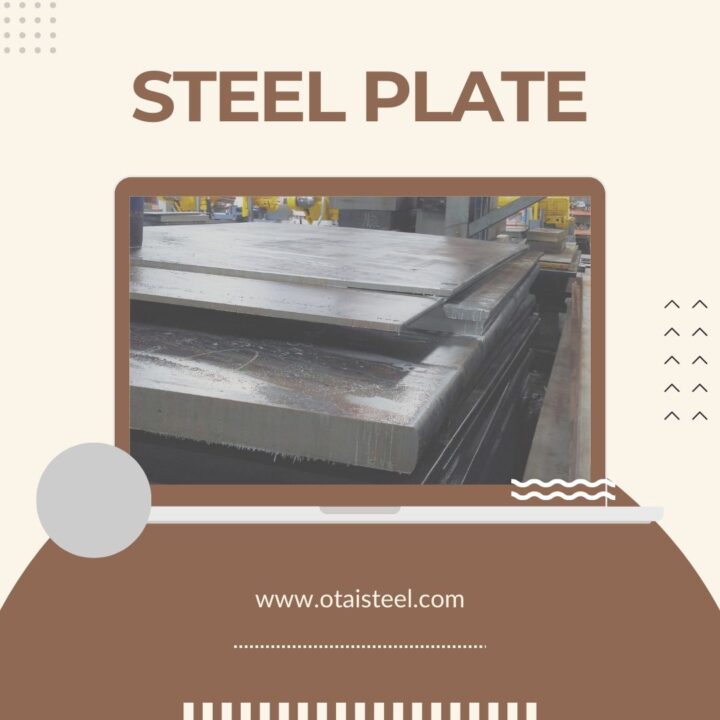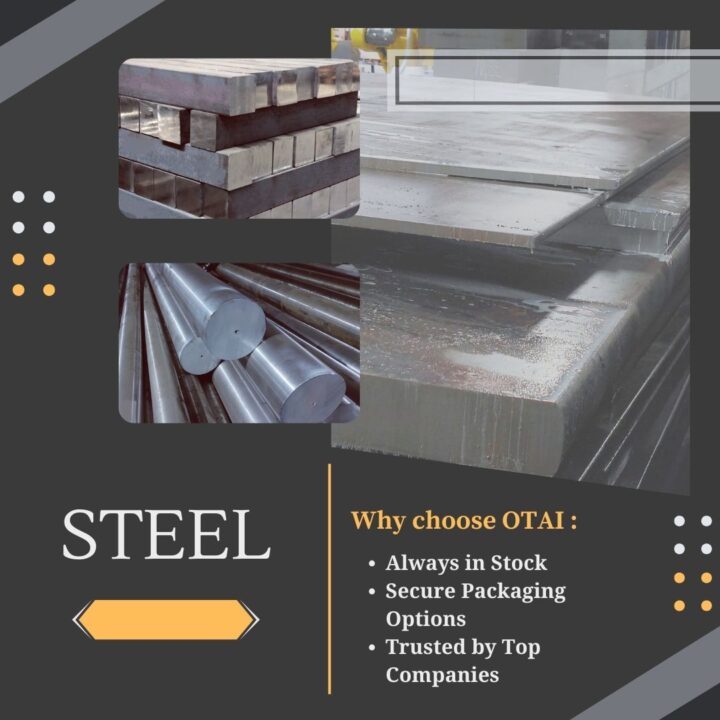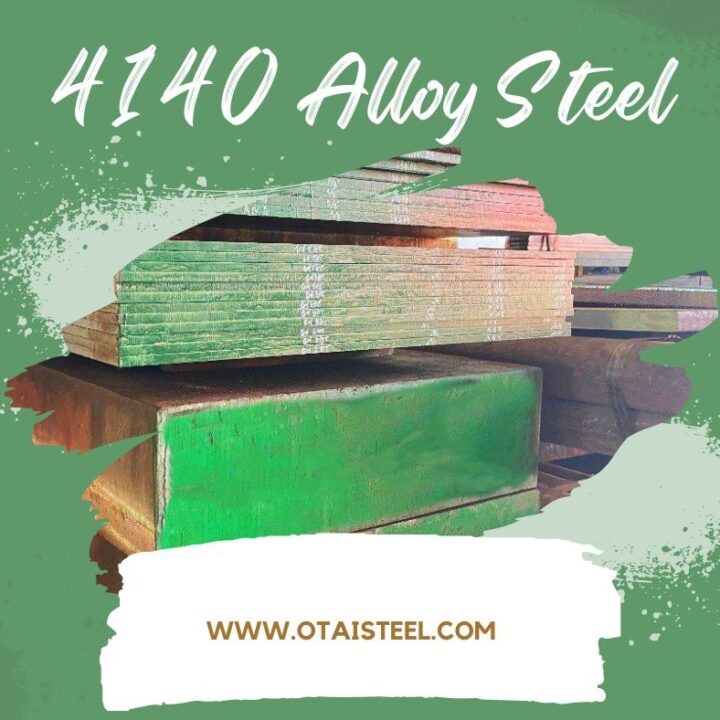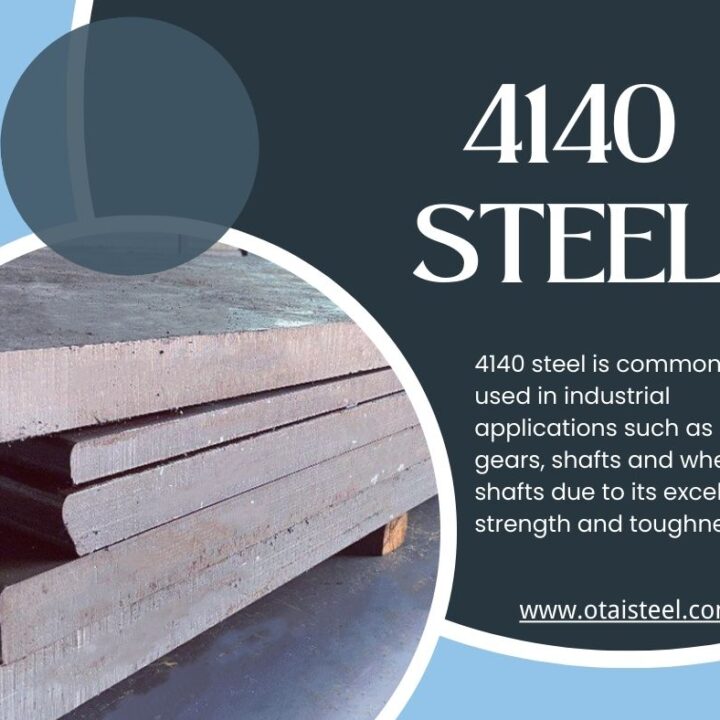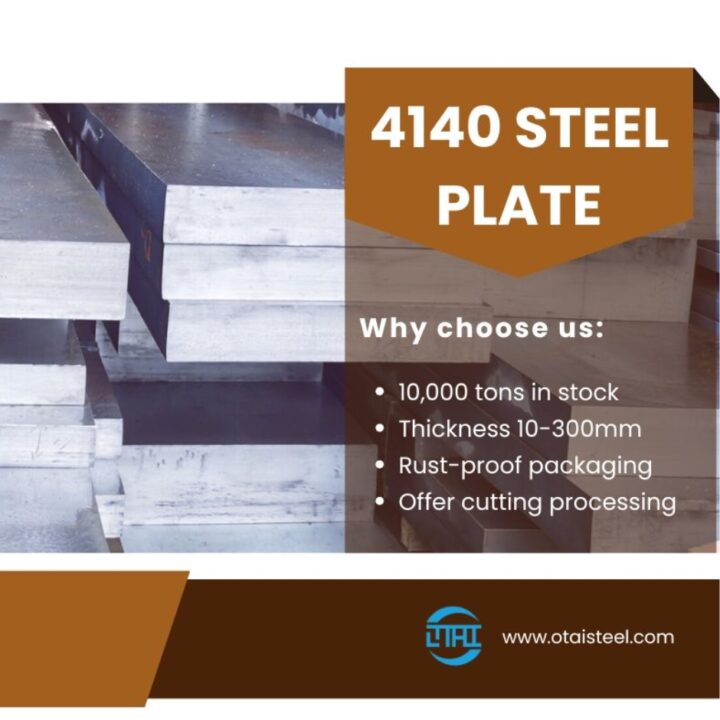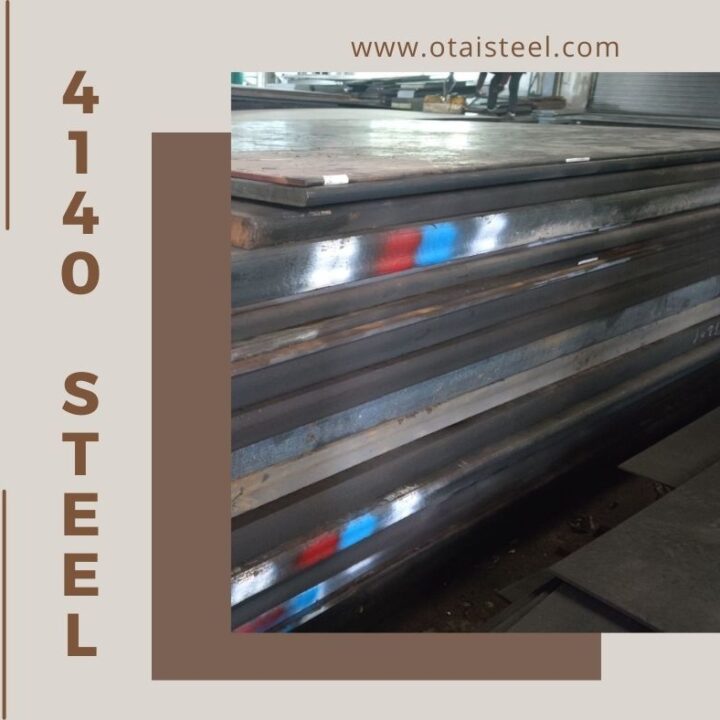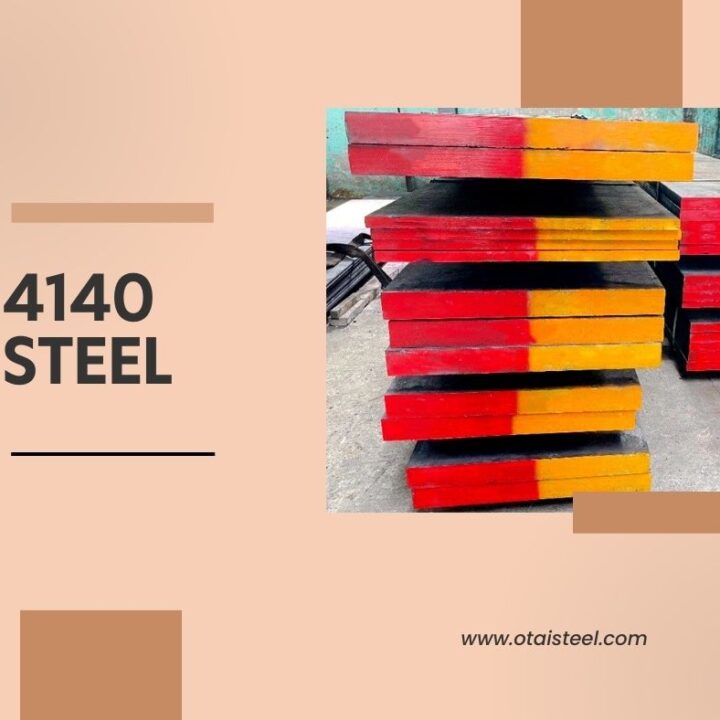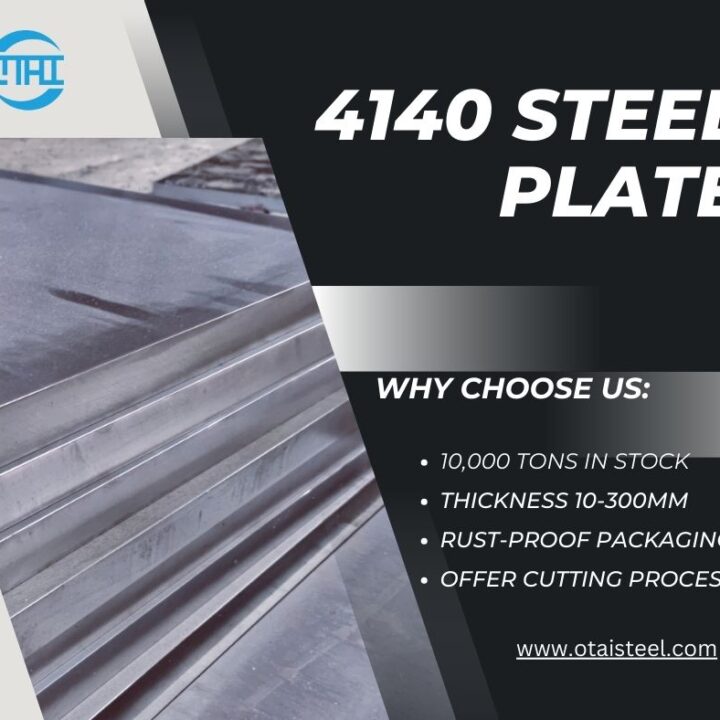High-performance springs play a vital role in various industries, including automotive and industrial sectors. These springs are designed to withstand significant loads while maintaining their shape and functionality. One material that has gained popularity for manufacturing high-performance springs is 4140 steel.
Properties of 4140 Steel
4140 steel is a versatile and high-strength alloy steel that offers excellent mechanical properties. It is known for its exceptional hardness, toughness, and wear resistance. The key properties of 4140 steel that make it suitable for springs include:
- High tensile strength
4140 steel has a high tensile strength, which enables it to withstand heavy loads and provide reliable spring performance.
- Good fatigue resistance
The fatigue resistance of 4140 steel ensures that springs made from this material can endure repeated loading and unloading cycles without failure.
- Excellent hardness
4140 steel can be heat-treated to achieve high hardness levels, allowing springs to maintain their shape and resist deformation under demanding conditions.
- Decent corrosion resistance
While 4140 steel is not inherently corrosion-resistant, appropriate surface treatments and coatings can be applied to enhance its resistance to corrosion.
4140 steel in the manufacturing of Spring
The manufacturing of 4140 steel springs involves several key steps, including:
- Material selection
High-quality 4140 steel is selected based on specific requirements and desired performance characteristics.
- Heating and forming
The selected 4140 steel is heated to a specific temperature and then formed into the desired spring shape using various methods, such as hot or cold forming, coiling, or stamping.
- Heat treatment
The formed springs undergo a heat treatment process to achieve the desired hardness and mechanical properties. Heat treatment methods commonly used for 4140 steel include quenching and tempering.
- Surface finishing
The springs may undergo surface finishing processes such as shot peening, grinding, or coating application to improve their performance, durability, and corrosion resistance.
- Quality control
Stringent quality control measures are implemented to ensure that the manufactured springs meet the required specifications and performance standards.
Benefits of 4140 Steel Springs
Springs made from 4140 steel offer several advantages over those manufactured from other materials. Some key benefits include:
- High strength-to-weight ratio
4140 steel springs provide excellent strength while maintaining a relatively lightweight, making them ideal for applications where weight reduction is crucial.
- Enhanced durability
The exceptional hardness and toughness of 4140 steel ensure that the springs can withstand heavy loads, resist fatigue, and have a longer service life.
- Versatility
4140 steel springs can be tailored to meet specific application requirements by adjusting their dimensions, design, and heat treatment processes.
- Cost-effectiveness
The availability and relatively lower cost of 4140 steel compared to some other high-performance spring materials make it an attractive choice for cost-conscious manufacturers.
Applications of 4140 Steel Springs
The use of 4140 steel springs is widespread across various industries due to their superior mechanical properties. Some common applications include:
- Automotive suspensions
4140 steel springs are commonly used in automotive suspension systems to provide stability, support, and shock absorption.
- Industrial machinery
Springs made from 4140 steel find application in heavy-duty machinery, such as presses, crushers, and heavy equipment, where they contribute to smooth operation and load management.
- Aerospace components
Certain aerospace applications require springs with high strength and fatigue resistance. 4140 steel springs can meet these requirements and are used in aerospace components such as landing gear systems.
- Oil and gas equipment
Springs used in oil rigs, drilling equipment, and valves require high strength and corrosion resistance. 4140 steel springs are well-suited for such demanding applications.
Considerations for Design and Usage
When designing and utilizing 4140 steel springs, the following considerations are important:
- Load requirements
Properly calculating the required spring rate and load capacity is crucial to ensure optimal performance and avoid premature failure.
- Heat treatment
The selection of appropriate heat treatment processes, including quenching and tempering, is essential to achieve the desired hardness and mechanical properties.
- Surface protection
Applying suitable coatings or surface treatments can enhance the corrosion resistance of 4140 steel springs, especially in harsh or corrosive environments.
- Maintenance and inspection
Regular maintenance and inspection routines help identify any signs of wear, fatigue, or corrosion in the springs, ensuring their continued performance and safety.
By considering design considerations and implementing proper maintenance practices, the longevity and performance of 4140 steel springs can be maximized. (4140 steel in the manufacturing)
